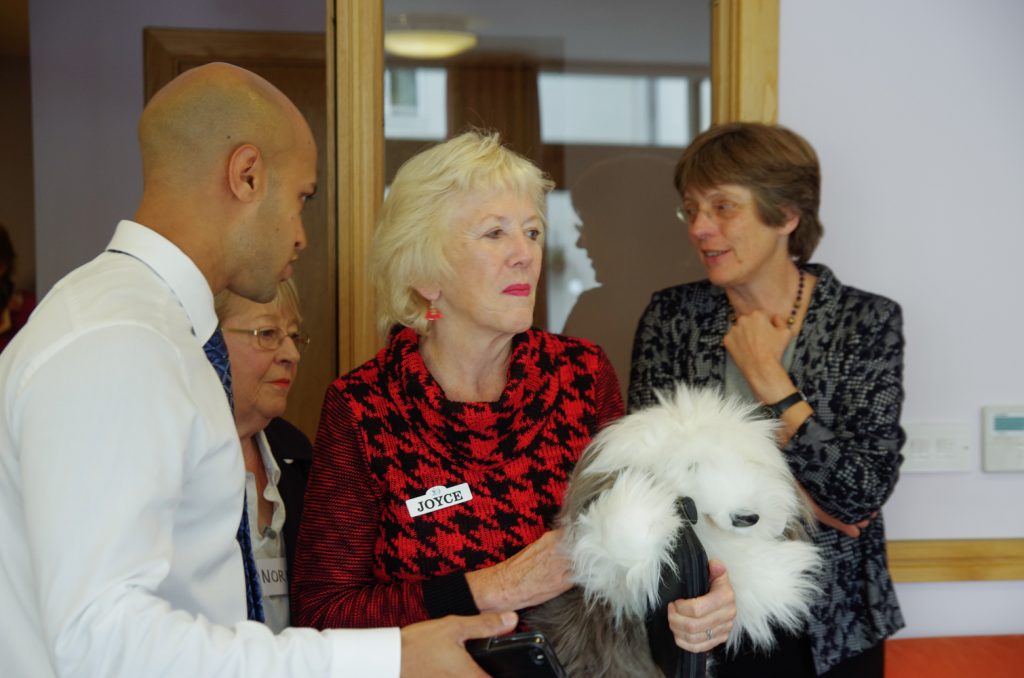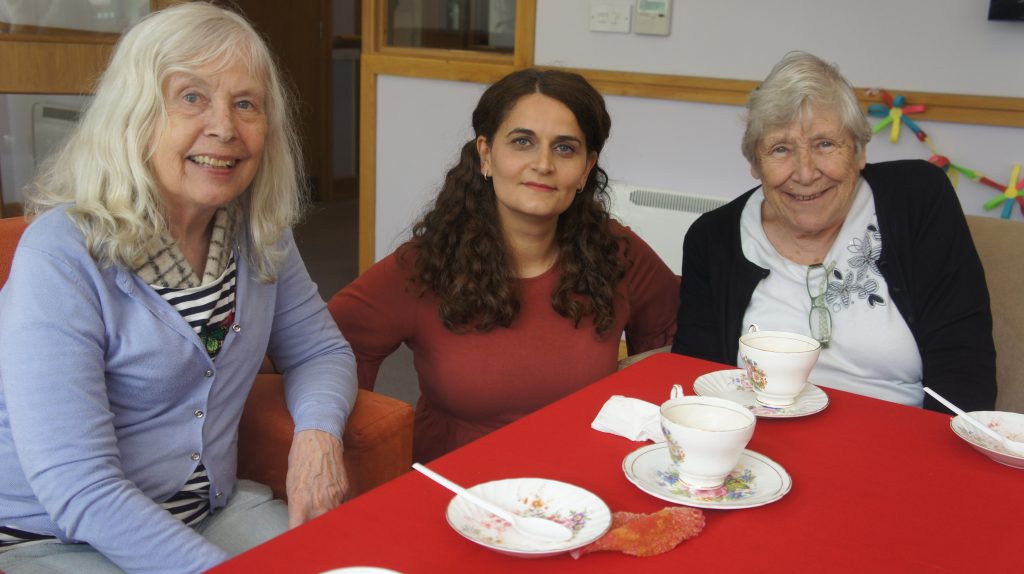There are around 17,600 care homes across the UK, of which around 70% are residential. That amounts to an estimated 490,326 people living in residential care.This shows that demand for their services remains high in care and support. The population is ageing and issues such as COVID-19 are leaving more people in need of specialist nursing care. The good news is that there are plenty of options for people who are choosing residential homes. However, it is important to choose the right dignified care home for your individual needs.

Types of care home
Choosing residential care homes for yourself or a loved one is a complex decision to make. Where you choose will be home to you or your loved one so it’s important to get it right to feel comfortable and fell safe environment. To start with you need to decide on the type of residential care homes you need. Here are some options:
· Care home where you receive help with personal care, i.e. washing, dressing, taking medication etc.
· Nursing care or nursing home is where more in-depth healthcare is provided alongside personal care
· Dementia care home for people living with dementia and similar neurological conditions
· Dual-registered care homes that offer both personal care and nursing care for those who need it
· Respite care where the person requiring care stays for a shorter period of time. This could be to give them a change of scene or their carer a break
Residential care homes can be privately run or managed by local authorities or a health trust. It is very important to visit places in person if possible. This will help you get a better feel for what living there will be like while you are choosing residential care.
What should I look for in a residential care homes?
It is important that you feel welcomed and relaxed with high quality service in residential care homes. So, check that the care home is well decorated and in good repair, with cosy furnishings and a happy vibe. Are the grounds well-kept and does it have nice views? How are the staff with their residents? Do they seem attentive and loving? Remember that they want to impress you as a visitor. So, check how they talk to everyone around, not just you. Check online reviews and, if possible, try to take to other families about their experiences.

Where is the care home located? Is it easy for your visitors to get to, because this will be a huge help to everyone. Is it easy to reach by public transport because this will make travel easier for many? Can you visit local shops or amenities or do they have these on site for people to visit when they need to? What outdoors spaces can residents access and when? How noisy is the area? How about space inside – can you move around easily if you need to use a wheelchair or mobility aid? Are there accessible toilets and bathrooms with handrails, alarms and other safety devices? How much storage do you have for your personal belongings?
Do they have mobile services visit, such as hairdressers, chiropodists or therapists? Are there established links to local hospitals or GPs? Can you bring pets or have them visit you? What is the food like and do they cater for special requirements, for instance religious or cultural diets, vegetarians or allergies?
What other questions should I ask a care home?
· How much will it cost?
The answer to this question will vary, depending on the type of care you need and where the care home is located. Some care homes have their costs listed on their website. Others will have a brochure or can give you a list of prices on demand. This should be your first question because you will need to work out a budget.
· What funding options are there?
There are all kinds of residential care homes funding options. You can pay for the whole thing yourself. Or there are ways in which the government can help, depending on your income and assets. There are also charities that can help, often connected to a person’s profession or affiliations. Don’t forget to check what allowances you are entitled to because that can also help with fees when choosing residential care. A fuller explanation of how you can fund your care is available here.
· How are you handling the COVID-19 pandemic
Choosing a residential care homes has become more difficult The COVID-19 pandemic affected care homes and older people very seriously. It brought about lots of changes as a result, for instance in how PPE is used and how care homes work to contain infection and keep people safe. Watch out for how people use things like hand sanitiser and face coverings when you visit. Ask to see the residential care homes COVID-19 policy. Check their policy on visitors too and whether they are allowed to visit in the day and also overnight.
. What kind of social events and trips do you run?
Many people living in care homes want to retain an active social life. Look at what entertainment is offered as a result. This could include workshops, speakers, visiting groups, day trips, evening outings or even weekends away. Ask other residents what they have enjoyed doing.
· What safety measures are taken by residential care homes to protect the residents?

As well as asking about COIVD-19 protocols, you should also check how the care home staff protect residents from accidents, injuries and other infectious diseases. How do they care for people with dementia and keep them safe? What safety checks are carried out on staff and how often are the facilities checked and upgraded?
· What if my care plan needs to change while I am living at the residential care homes?
If you are concerned about your needs changing as you get older, you could consider a dual registered care home as part of your process of choosing residential care homes. This type of home offers personal care and nursing care. That way, when your needs change and you required more medical assistance, you don’t have to move to another care home. So, the process is easier in the longer term. Ask care home staff how they handle the transition from personal care to an increased level of medical assistance.

